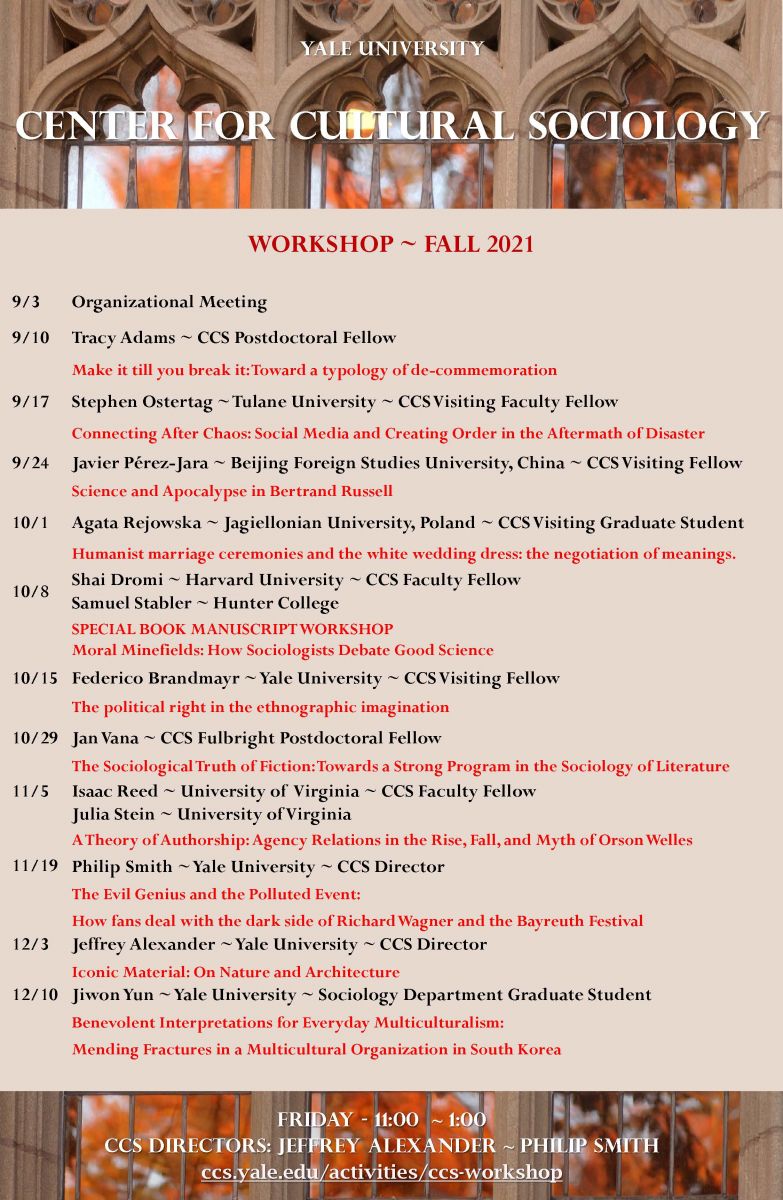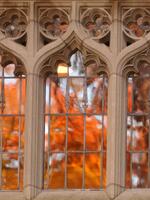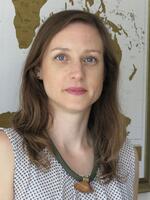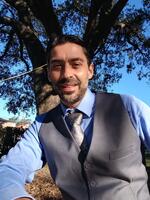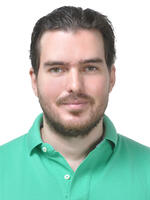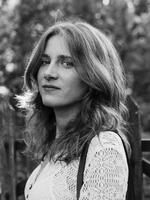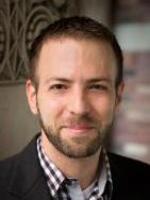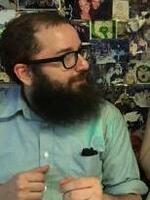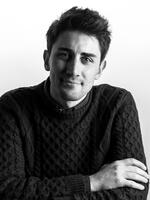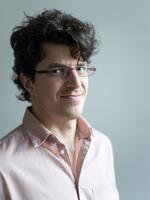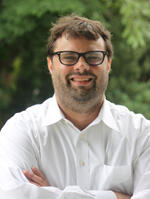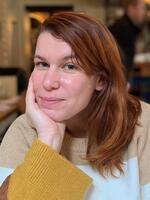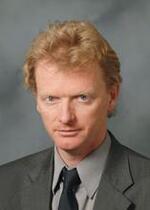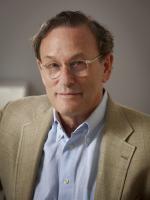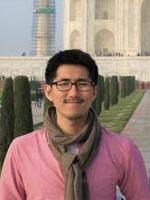|
We are happy to welcome everyone back to an in-person Workshop this fall. Continuing our tradition of international connection we welcome many visitors from abroad as well as from other parts of the United States: Visiting Faculty Fellows Jason Mast and Stephen Ostertag, Visiting Fellows Javier Pérez-Jara and Federico Brandmayr, Fulbright Postdoctoral Fellow Jan Vana, Postdoctoral Fellow Tracy Adams, and two Visiting Graduate Students Agata Rejowska and Renxue Wan. You can read all about these visitors on our Visiting Fellows page. Phil Smith is on leave this fall.
On October 8th we are excited to host a special book manuscript workshop, “Moral Minefields: How Sociologists Debate Good Science,” with the authors, Yale Sociology alums Shai Dromi and Samuel Stabler. The workshop will start at 10:00 AM when we will meet in our regular space to watch a 90 minute discussion between distinguished guests Paul Lichterman, Peggy Levitt, Jennifer Johnson Hanks and Al Young and the authors. We will then break and reconvene from 1:00 to 3:00 PM to workshop the manuscript and address points brought up by the discussants. For this event we are asking that all who plan on attending read the entire manuscript ahead of time, which will be made available early in September. Other members of the Yale Sociology community will be invited to join us for this event.
Yale University has reinstituted the requirement that all individuals, regardless of their vaccination status, wear masks in indoor campus spaces, so we will be required to wear masks during the workshop. Because of this requirement, we will not be allowed to eat together before or after the workshop and no food or beverages will be provided. We are hopeful that these restrictions will be lifted soon. Also, in order to have a concise list of participants, we are asking all workshop participants to confirm that they are attending each week by sending an RSVP via a link that will be in the announcement emails. Thank you all for your cooperation.
|
|
Yale University ~ CCS Co-Director
(with Florian Stoll ~ CCS Faculty Fellow)
Abstract: An enduring feature of public life has been the social death of prominent artists, sports figures, impresarios and entertainers after moral transgressions. But not everyone is forgotten or ‘cancelled’. Often fans and connoisseurs continue to consume, advocate and revere the artistic product of tainted individuals and institutions. How is this possible? The paper provides answers with reference to the longstanding paradigm case of Richard Wagner and the opera festival that he founded in Bayreuth, Germany. Although marred by deep anti-semitism and profound associations with Hitler and his Nazi ideology, the festival continues to attract fans from around the world searching for a deeply meaningful aesthetic experience. Drawing on interviews the paper shows how this reconciliation is possible.
|
|
Yale University ~ Sociology Department Graduate Student
Abstract: How do individuals make sense of ethnic differences in a setting that is defined by interethnic solidarity? This paper addresses the role of interpretations in the making of everyday multiculturalism. Using ethnographic data collected in a multicultural organization in Seoul, South Korea, I show how a particular mode of interpretation, which I term “benevolent” interpretation is used by its participants to mend “fractures” in the everyday multiculturalism, instances in which ethnic differences are heightened. The results show three main strategies of benevolent interpretation – alternative attribution, ethnically informed interpretation and contextualization - while also suggesting that other interpretations may allow individuals to re-evaluate the everyday multiculturalism they face.
|
